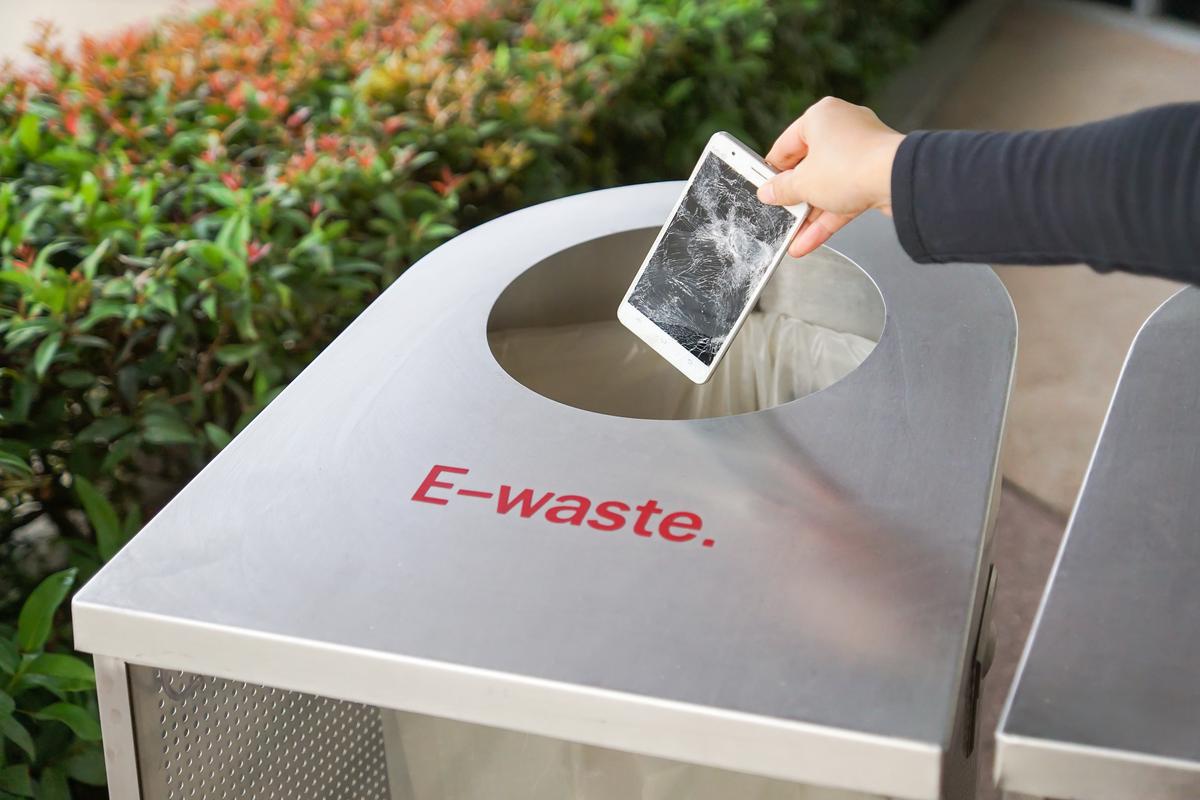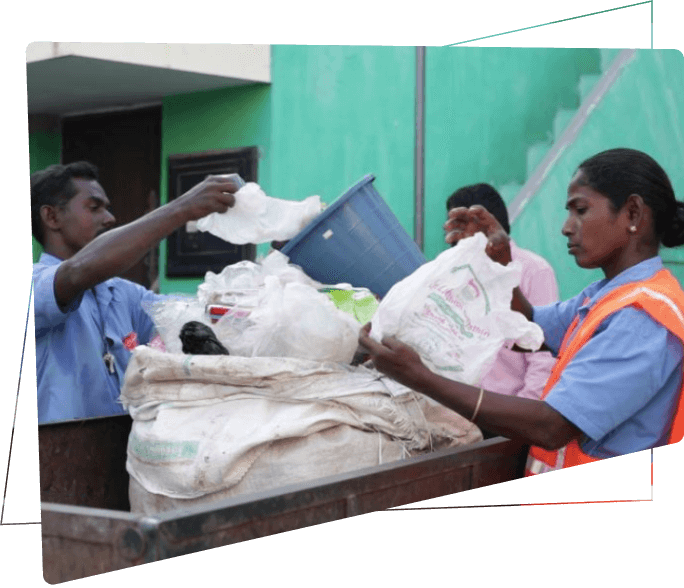MMT Global Recycling Dismantling
Our specializes in e-waste dismantling process. We process all kinds of electronic equipment from computers, laptops, LCD or LED screens, Televisions, Printers, appliances and lots more. Our process ensures that minimal amount of hazardous materials are emitted to the environment making it eco-friendly and safe
- Manual dismantling of components enables separating the usable from the unusable.
- Recyclable fractions with viable components are collected
- Hazardous components and high value components like PCBs are removed and remaining components are sent for mechanical separation.
- Appliances are dismantled up to a point where further manual separation is not possible and sent for further processing
- Further separation into pure materials is not possible without mechanical shredding.
For dismantling, we have designed a table in-house, on top of which a dust protector and extractor are installed. Filtered through a HEPA filter, the collected dust will be automatically stored in an attached container after which it will be disposed off through the TSDF. CRT, CPU, Hard disk, SMPS, Printers, Fax machines, AC, Washing machines and Lab equipment’s are dismantled separately.
One of the crucial steps in the e-Waste management process is dismantling as it involves segregating these components into recyclable pieces that can be reused.. Opening each appliance, separating the housing from the rest, segregating the parts and removing the hazardous components and carefully categorizing other components into marketable fractions is a process that requires careful consideration. Our e-waste disposal process ensures that reusable components get the right treatment and are sent for further processing and recycling.
General Waste
MMT Global is a single-window service provider for all general waste management needs. We are committed to comply with as well as promote high standards. At MMT Global, processes and premises exhibit environmental sustainability, carbon efficiency, and conscious energy management.







